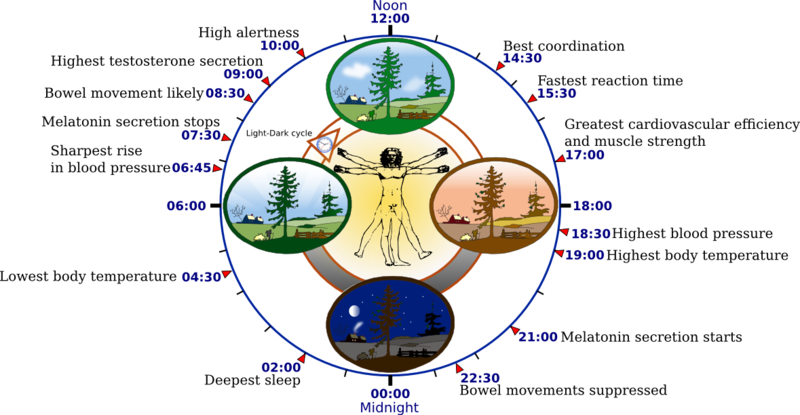sogaya
Thursday, April 10, 2008
Biological Clocks
Human beings, plants and animals have a biological clock and it tells each plant, human and animal when to eat, sleep and when to wake up. In addition to this, we are able to reset this clock to fit in more usefully with our everyday life.
We are all familiar with the "biological clock." Some of us are morning people; some are night people; and some are ... well, we'll leave that for another time. Regardless of our preferences, we are all governed by a biological clock with an approximate cycle of 24 hours corresponding to the Earth's rotation time. Biologically speaking, this molecular clock is known as the circadian rhythm.
Do you wake up early on weekends even if you don't want to? Have you ever suffered from jet lag? If so, you are probably feeling the effects of one or more of the so called biological clocks within your body. The understanding of these clocks can be very helpful to you, for by doing so you may be able to learn to "set" them to wake up at a prearranged time, remind you of appointments or even help you to return to your car before the time expires on your parking meter.
If someone's daily biological clock runs fast, the person will tend to get sleepy early in the evening, but will be able to wake up in the morning with little difficulty. Exposure to the day/night cycle of the outside world will help him or her to reset his biological clock each day- humans being able to do this more easily than animals- otherwise he would go to bed earlier and get up earlier and earlier each day. Because of this need to readjust his internal clock, he is continually under pressure from the external world.

Why do we have biological clocks?
The reason is probably a matter of evolution. Animals are thought to have developed biological clocks because they help a species to survive. The clocks discourage activity during darkness when their owners are more vulnerable to predators because of reduced vision.
Humans have retained the daily and monthly for what was probably much the same set of reasons: the clocks are more useful nowadays to use. For instance, we eat at certain times and the gastric juices flow at certain times and we digest the food at a certain time. The clock also reduces the amount of urine at night so that we're not as likely to be going to the bathroom all night.
So, we all have a biological clock..it works the same way in all individuals but it can also be trained to work the way you want it to.
some realted Link: http://www.hno.harvard.edu/gazette/1999/07.15/bioclock24.html
http://www.crystalinks.com/biologicalclock.html
posted by Hemalatha at 11:58 PM



0 Comments:
Post a Comment
<< Home